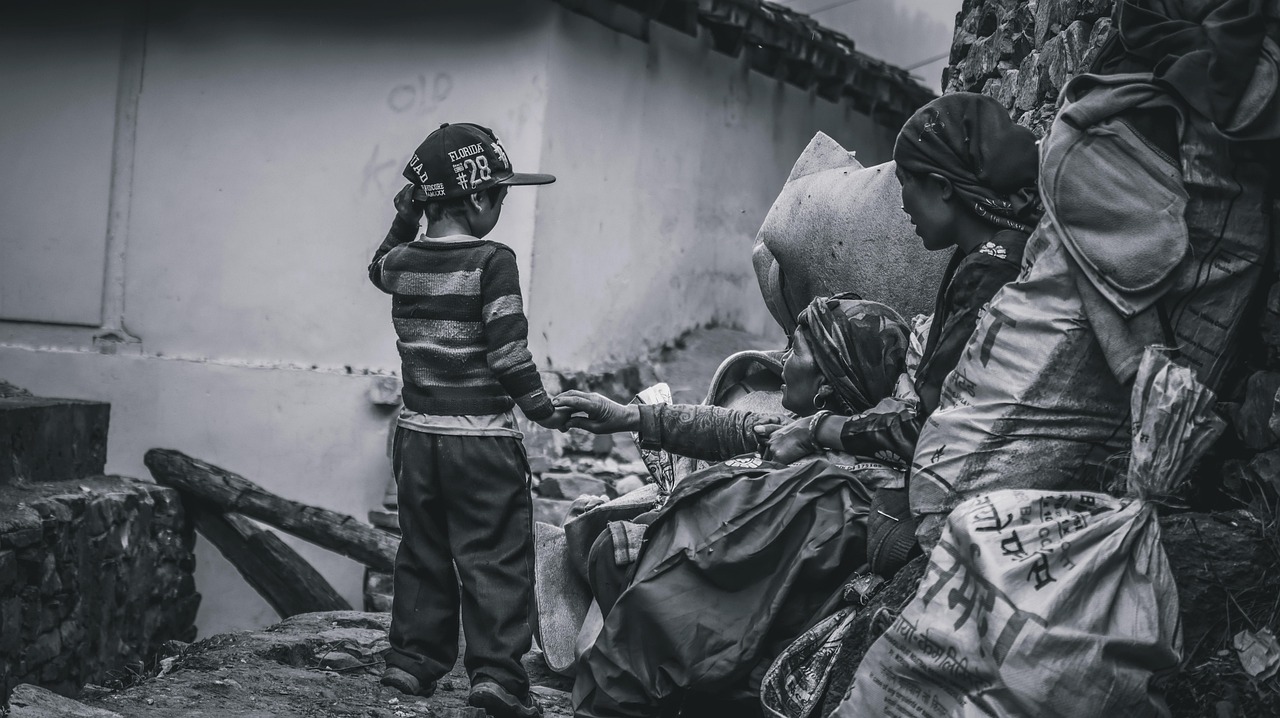Context and Issue
Disparities within Cambodia's education system are conspicuous, particularly among marginalized and non-marginalized children, as well as in urban and rural areas. Despite allocating 12.6% of its annual budget to education, Cambodia exhibits the lowest education spending in the region. The shortage of teachers and inadequate school infrastructure, especially in remote regions like Kampong Cham, Ratanakiri, Battambang, Otdor Meanchey, and Prey Vihear, exacerbates this issue.
Solution
The Education for All: An Integrated Approach project aims to enroll and retain children in primary education across all 24 provinces of Cambodia. Focusing on the ten provinces with the highest numbers of out-of-school children (OOSC), this initiative is spearheaded by a 22-member consortium comprising various development partners. Beyond primary education enrollment and retention, the project facilitates physical and financial access to education, research, networking, policy advocacy, and capacity-building for school support committees (SSCs) and commune councils for women and children (CCWCs). Strategies include combating stigma towards OOSC among parents and communities, providing remedial education for students to reintegrate into the public system, and addressing structural barriers such as teacher shortages and incomplete schools.
CCOOSC, supported by institutional donors, collaborates with representatives from the Ministry of Education, Youth, and Sport at all levels to establish sustainable mechanisms. Additionally, CCOOSC endeavors to contribute to the development of National Guidelines for Inclusive Education.
Impact
The Education for All project has significantly addressed educational disparities in Cambodia, particularly in marginalized communities and remote regions. By exceeding enrollment targets and implementing comprehensive strategies, the project has demonstrated the effectiveness of collaborative efforts among various stakeholders. Moreover, its selection for an EAC case study underscores its recognition as a model for successful consortium approaches in education development. As Aide at Action awaits approval for a second project, the success of the initial initiative lays a strong foundation for continued efforts to improve access to education and reduce disparities across Cambodia.












